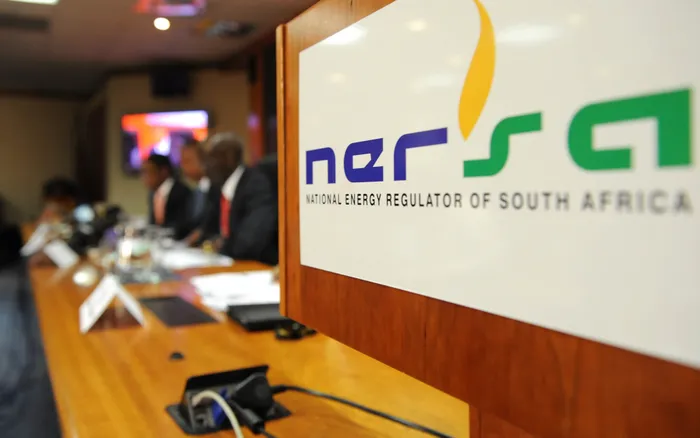
Transnet National Ports Authority (TNPA) and the National Energy Regulator of South Africa (Nersa) said on Thursday they have signed a Memorandum of Understanding (MoU) to strengthen collaboration in promoting sustainable energy supply.
Image: Supplied
Transnet National Ports Authority (TNPA) and the National Energy Regulator of South Africa (Nersa) said on Thursday they have signed a Memorandum of Understanding (MoU) to strengthen collaboration in promoting sustainable energy supply and infrastructure development across South Africa.
"This marks a significant milestone in accelerating the country’s Just Energy Transition programme as South African ports are an integral part of this programme," TNPA said, noting that this landmark agreement signifies the entities’ readiness to create a more unified and efficient sustainable energy market while ensuring energy security.
To ensure the effective implementationof the MoU, governance structures will be established through steering committees with workstreams, each with a specific focus on either technical, regulatory, or strategic aspects. Under this agreement, the partnership will ensure alignment in the licensing and operation of petroleum facilities, liquefied natural gas (LNG) facilities, as well as electricity generation, distribution andtransmission facilities. This aligns with South Africa's energy plans, including the Integrated Resources Plan and the SA Renewable Energy Masterplan, among others.
Acting TNPA chief executive Phyllis Difeto said, “TNPA welcomes the signed MoU with Nersa. We value strategic collaborations, which are even more vital in the current geopolitical climate,where boosting energy independence and security is an absolute necessity. The agreement aligns with our strategic plan of ensuring security of supply and unlocking global opportunities for sustainable impact. Ports play a critical role in the importation of various energy sources, as well as components importation, which would support SA's energy aspirations and requirements.”
As part of its response to address the country’s energy requirements, TNPA said it is progressing its Gas-to-Power programme, which aims to introduce three bulk LNG terminals at the ports of Richards Bay, Ngqura and Saldanha.
Work is already underway for the operationalisation of the country’s first LNG import terminal by 2028 at the Port of Richards Bay, with the Ngqura being operationalised soon thereafter.
"There is also work for small scale LNG at the other ports to satisfythe growing demand for gas. This is being supplemented by the liquid fuels programme, with the Ngqura tank farm Request for Proposal (RFP) already out in the market," TNPA said.
Furthermore, there is various work being done to develop renewable energy across all eight commercial ports.
Muzi Mkhize, Nersa Full-Time Regulator Member primarily responsible for petroleum pipelines regulation, said, “Nersa deems its collaboration with TNPA, marked by the signed MoU, as an imperative due to the dual mandates of these two institutions within the ports. The two institutions, being authorities in their own right, need to ensure that sufficient import capacity is available and that the port system functions efficiently, especially given the country’s reliance on imports to meet the liquid fuels demand and the anticipated LNG imports in the context of thecountry’s socio-economic challenges and developmental goals.”
Mkhize said the recent Fuels Industry Risk Assessment, in which both Nersa and TNPA participated, also highlighted key supply logistics constraints related to port infrastructure that need to be urgently addressed.
BUSINESS REPORT